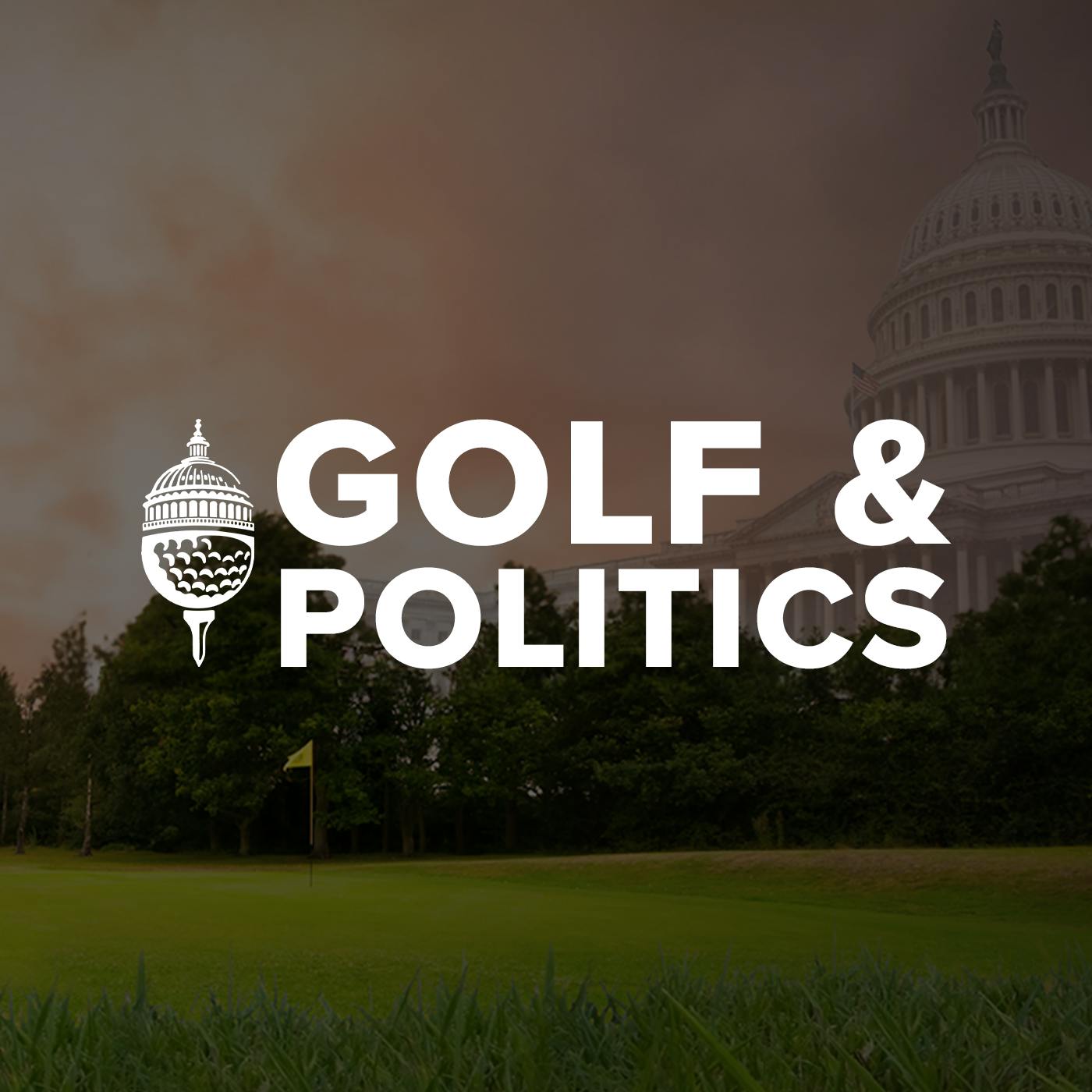Golf, Politics, and the $12 Billion Election: How Media Fragmentation Affects Campaigns
Description
US political ad spending is expected to reach $12 billion in the 2024 election cycle, triple the amount spent in 2016. The increase in spending is attributed to the rise of outside groups and the ability to raise small-dollar donations. However, the effectiveness of ad spending is limited, as media consumption has become more fragmented, with fewer people watching broadcast television. The challenge for political campaigns is to reach voters through various platforms and channels. Polling has also changed, with the decline of landline telephones, leading to the need for more fluid and data-driven decision-making. Both parties have their strengths and weaknesses in media buying, with Democrats having a financial advantage and more consolidated ad buying, while Republicans are becoming more back-heavy in their approach. Kamala Harris's arrival on the Democratic ticket opened up a subset of voters that were previously unavailable to Joe Biden. The key states for the Democrats are Michigan, Wisconsin, and Pennsylvania, and if Harris can win those states, she won't need other swing states like Georgia or Arizona. The advertising strategy for the upcoming election will focus on persuading voters, motivating the base, and turning out the vote. The viewing habits of consumers have shifted, with college football becoming a cultural phenomenon and golf struggling to keep up. The future of golf content on platforms like YouTube is uncertain, but it has the potential to attract more viewers and ad dollars. The conversation also touches on favorite golf courses, dream foursomes, and the best golfing politicians.
Takeaways
Political Ad Spending Soars: US political ad spending is expected to hit $12 billion in 2024, tripling the amount spent in 2016.
Fragmented Media Consumption: Traditional channels like broadcast TV are losing effectiveness, pushing campaigns to diversify their media strategies.
Evolving Polling Methods: The decline of landline polling has led to a more fluid and data-driven approach in political campaigns.
Democratic Financial Advantage: Democrats hold a financial edge with more consolidated ad buying, while Republicans adopt a back-heavy strategy.
Kamala Harris’s Influence: Harris’s addition to the Democratic ticket has broadened voter appeal in key swing states, reducing reliance on states like Georgia and Arizona.
Golf's Changing Landscape: While college football thrives, golf faces challenges in maintaining viewership, though platforms like YouTube offer new opportunities.
Golfing Politicians: A fun discussion on our favorite golf courses, dream foursomes, and which politicians are acing it on the golf course.
Get the full video version: https://www.youtube.com/channel/UCYJlYfWps6ip7PQvHzniDfw
Listen to the audio version: https://link.chtbl.com/CtYwP8fV
Join the email list to be notified about the latest episodes: https://golfandpolitics.com
More Episodes
In this episode of Golf and Politics, Matt and Rob talk about the long-anticipated and talked about Majority Cup, an annual charity golf tournament organized by the Majority Group at the Robert Trent Jones Golf Club. They discuss the tournament's humble beginnings 13 years ago and its growth into...
Published 11/13/24
Matt provides a comprehensive recap of the 2024 election, highlighting Donald Trump's unexpected victory and the implications for the Republican Party. Matt explores the changing landscape of voter demographics, including shifts among younger voters and minority groups, and the challenges ahead...
Published 11/08/24
Published 11/08/24


